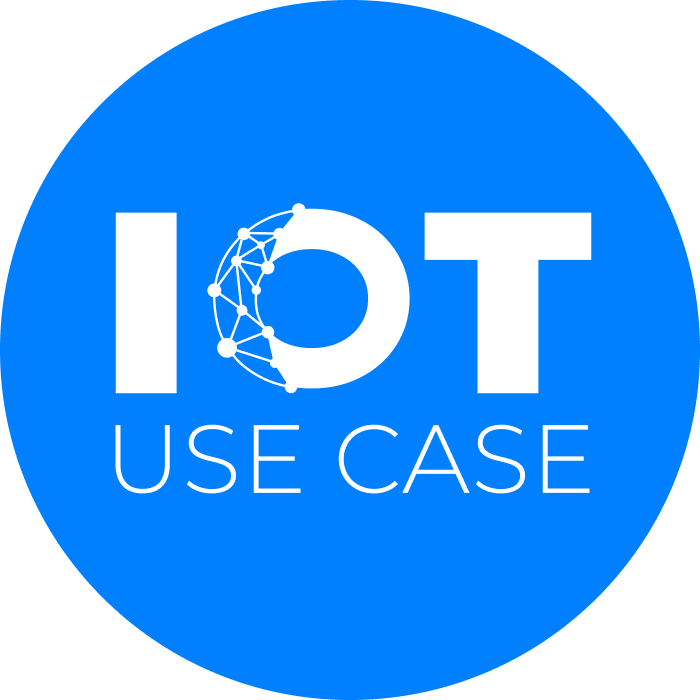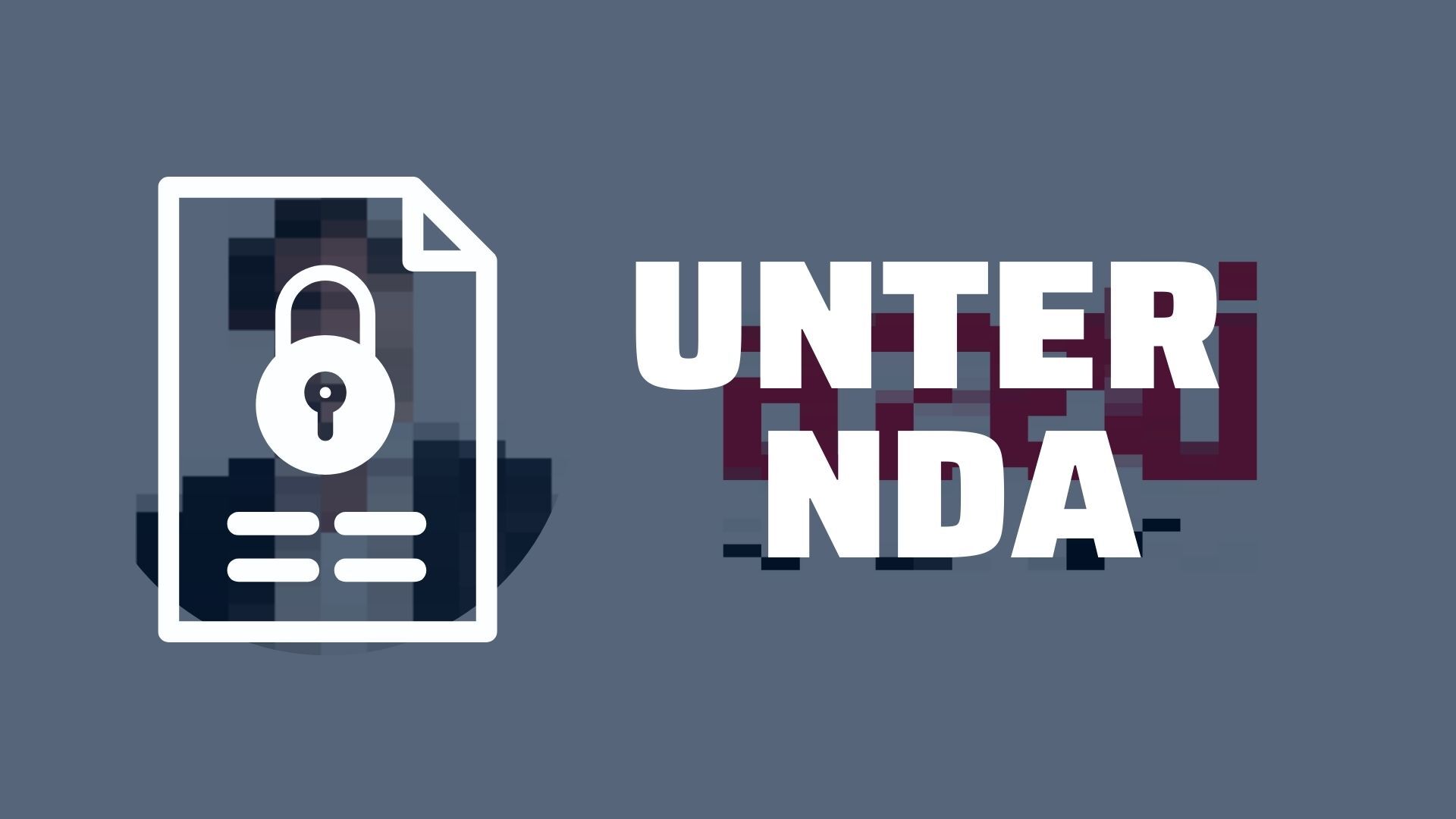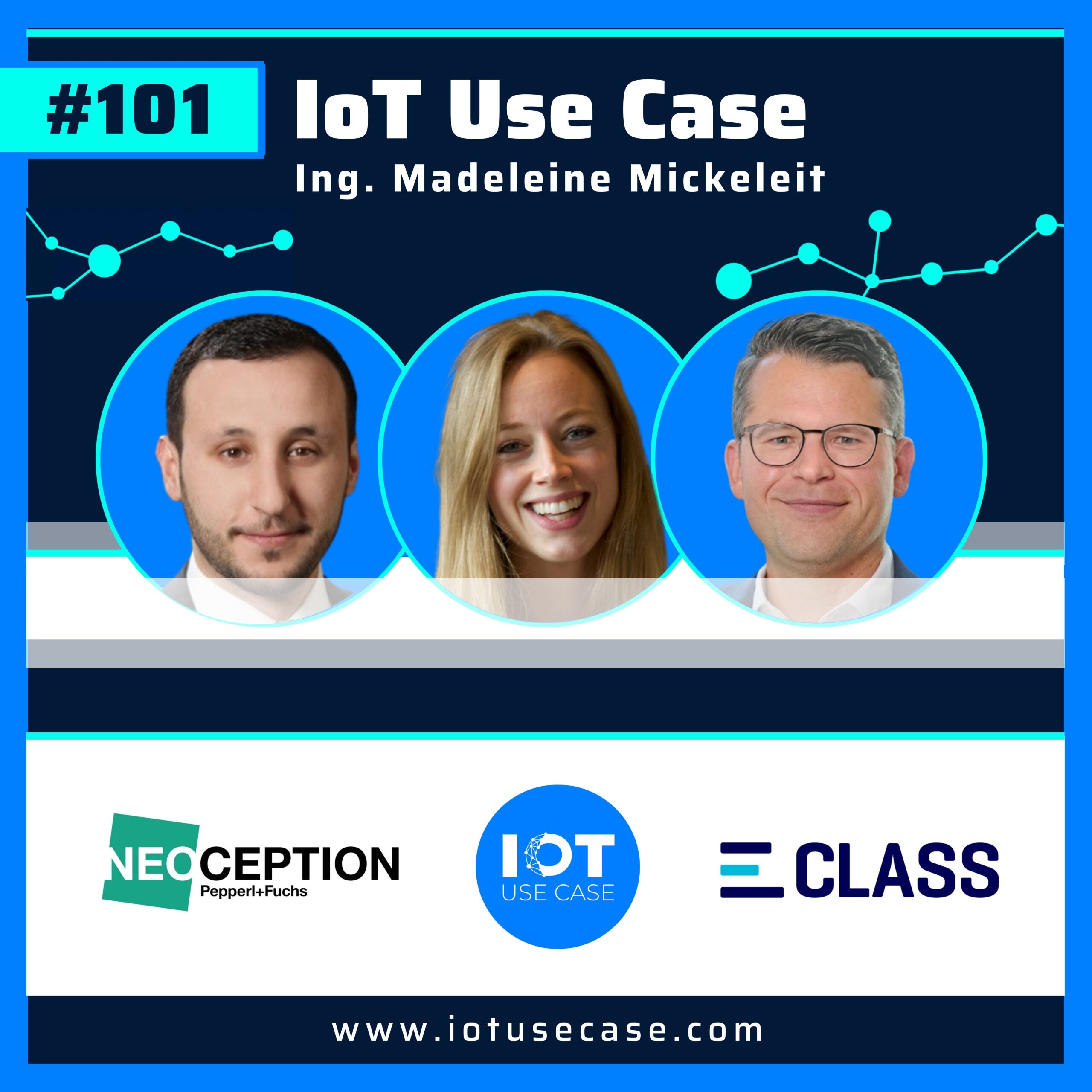The exchange of data between machines and software across different locations and, in particular, the topics of the CO2 footprint and the product carbon footprint are currently in focus: The EU Green Deal aims to record energy consumption and emissions per product. These regulations affect not only large companies in Europe, but also small and medium-sized enterprises (SMEs).
Partners Neoception and ECLASS, the ISO-compliant and world’s only feature-based classification standard for products and services, already provide solutions to these challenges.
The challenge: High engineering efforts and the need to make machine information digitally available
In human language, dialects and different expressions are everyday occurrences. “As a Baden-Württemberger, I experience the different understanding of language and terminology every time I visit Cologne,” explains Artur Bondza, Head of Product Information & Content Management at Pepperl+Fuchs and a member of the leadership circle of ECLASS e.V., referring to the very different German dialects.
But when machines and software systems communicate with each other, a uniform, standardized language is essential for a smooth workflow. Inaccuracies can create business obstacles and turn out to be cost drivers. Inconsistent naming and the different classifications, for example of spare parts inventories, but also machines and plants in different company locations in Europe and Asia, are a common problem. ECLASS is part of the language concept for Industry 4.0. Language basically includes three components: Protocol, message format and vocabulary. The latter is ECLASS and thus an important component of the language for Industry 4.0.
Neoception was founded in 2017 as an IT consulting company by the Pepperl+Fuchs Group and has become a relevant IT service provider for the design of digital process optimization in the industrial environment. Neoception supports customers with its process consulting to connect products and systems with the digital world. The Mannheim-based company makes it possible here, for example, to digitally map product descriptions and documentation and make them conveniently available to users via QR codes: The digital nameplate implemented with the administration shell makes all relevant information, including certificates and documentation, available digitally in a standardized form – across all lifecycle phases, starting with commissioning, operation, maintenance and service and ending with decommissioning. Looked at in more depth once again: For example, there is a separate standardized submodel purely for documentation in accordance with VDI 2770. Not everything is included in the Digital Nameplate submodel. However, all information is part of the administration shell. Additional product information is added to the digital nameplate to create the “Digital Product Passport”. It was developed by the IDTA organization together with its members.
In order to record the product carbon footprint, ECLASS e.V. analyzed all EU legal texts as well as national regulations. This is because companies need to figure out how to digitally add information to their products to provide the Product Carbon Footprint. These requirements have massive implications. One example is the production location: If a product is manufactured in China instead of Europe, this has different CO2-intensities. If products are transported by air or sea, further emissions are generated. The use of green electricity during production is also an important point. These factors must be taken into account and standardized in order to compare products. In order to be able to provide products with the necessary information and characteristics, a uniformly prepared, internationally valid data structure is required. One of the requirements of the industry is to rely on established standards issued by bodies such as DIN, DKE, ISO or IEC. Legislators demand environmental information and Industry 4.0 requires a digital nameplate and, in the future, the digital product passport, which transparently summarizes the product’s properties digitally. The EU is currently working on a draft law for this.
To explain today’s “data structure” challenge, here is an illustrative example: Person A living in China creates an Excel spreadsheet and enters some characteristics of a machine, such as type designation, nameplate product information, units of force, kWh and the temperatures, into individual columns. Person B is in France and would like to use the information from this table to calculate the CO2footprint via energy consumption for a specific product. However, the corresponding characteristics are named differently in China and in France. The challenge now is therefore to standardize all column headings – with 45,000 product classes and more than 19,000 characteristics, a lot of work!
Thorsten Kroke, Managing Director of ECLASS e.V., says in episode 101 of the IoT Use Case Podcast:“I can no longer map that in an Excel and a data sheet. For the variety of products that the European industry produces, software is needed.”
This is exactly the challenge that Neoception and ECLASS have partnered to solve: How do I turn Excel data into IoT data? What other added values can be collected from the data and with which use cases? And what should be taken into account?
For example, it must be taken into account that a product can also be a preliminary product for other products in the value chain, such as a screw in a car. There are already correlations between the CO22emissions of the various products. Therefore, the introduction of a standardized method for recording and evaluating the carbon2footprint is an important step toward a climate-friendly economy. Companies need to rethink their production processes in order to achieve the goals of the EU Green Deal.
The solution: Semantically enriched software templates from Neoception with ECLASS
A global initiative
ECLASS is a cross-industry, ISO/IEC standards-compliant data standard that is the only one recognized worldwide. It is used to clearly describe or classify products and services. In this way, product data, features and other information can be prepared in a uniform data structure in multiple languages and exchanged internationally between manufacturers and customers.
Building on this standard, ECLASS partner Neoception offers its solutions and services.
Neoception,Member in the organization IDTAhas developed a solution for its customers, an automatism to transform product data from inventory systems into standardized templates and make them usable. Alaettin Dogan, Technical Consultant at Neoception, explains how the data is recorded: “At our customers, the data already exists. However, it is not yet usable because it is in certain proprietary ‘data silos’. Basically, with our solution, we break down these silos and make the data usable for everyone in a standardized form.”
For this purpose Neoception hasTemplateswhich, for example, structurally describe an asset as a product. In addition to the assets, values are required for these data structures, which are located in the customers’ inventory systems.
Neoception performs a mapping between these structures and the associated values – using ECLASS: “We use the administration shell as a template. This consists of submodels that describe different aspects of an asset – for example, nameplate, technical data, documents and so on,” explains Dogan.
These aspects have designations, but they are not globally unique. To fix this, the attribute “Semantic Identifier” exists. With its help the mapping is performed. “What sounds simple is actually a very complex process. Because in addition to the semantic identifier, there is a lot more contextual information involved,” says Dogan. The features semantically enriched with ECLASS can be mapped to the data in customer systems and then made available in standardized form for different use cases.
The Neoception solution makes it possible to include a wide variety of customer systems. The advantage: The data is only transformed to an administration shell when it is actually needed. Dogan: “Only at this point is the whole thing put together and then forms the database. Based on this, you can run a wide variety of use cases.”
The result: Resource savings and competitive advantages through standardization
ECLASS enables data exchange as digital semantics and ensures massive time and money savings along the entire value chain through “clean” data. “Especially when very small components, such as a simple sensor, are sold, a lot of paper and plastic can be saved at the same time thanks to the digital nameplate, which no longer has to be supplied. In this way, many resources, energy and thus CO2 can already be saved,” says Alaettin Dogan.
Standardized data availability is the first step on the way to the Digital Twin. Thorsten Kroke believes that concerns about standardization that prevail in some companies are unfounded. On the contrary, “Companies that actively participate in standardization create competitive advantages over their competitors because they know what goes into a particular standard and what doesn’t, and they can help determine that.”









